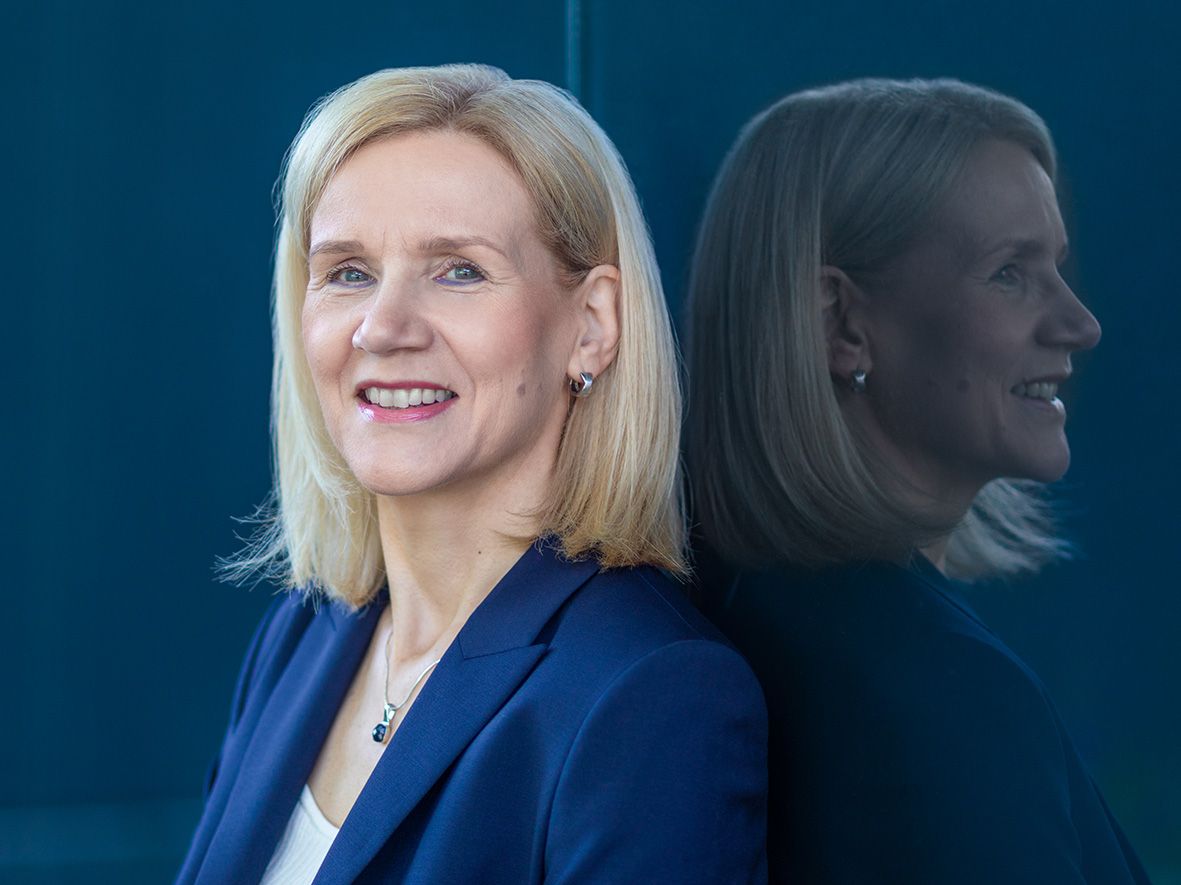Dear friends of YERUN,
For us at the University of Bremen, 2024 has ended with a milestone: In November, we moved into a new university building, namely Forum at Domshof. While our university campus is located outside the city centre, the Forum at Domshof building is in close proximity to Bremen City Hall, Bremen Parliament, and the District Court. This step symbolises what the University of Bremen has stood for since its foundation: dialog between science, society, business, and politics and we have engaged in said dialog in many different ways in 2024.
The work of our researchers has played a major role in this. In 2024, this was particularly influenced by the German federal and state governments’ Excellence Initiative. Together with the University of Oldenburg, the University of Bremen submitted an application for continuation of the “Ocean Floor – Earth’s Uncharted Interface” cluster. In addition, we submitted a full proposal to the German Research Foundation in August for the planned cluster “The Martian Mindset: A Scarcity-Driven Engineering Paradigm.” In light of the prospect that humans will explore Mars in the coming decades, researchers from the materials sciences are addressing the question of what sustainable production could look like there. The reason for this is that energy, water, and labor are scarce on Mars. These circumstances require sustainable action – in turn, the “Martian Mindset” also opens up new perspectives for sustainable practices on Earth.
Sustainability is not just a research topic at the University of Bremen, but is also practiced every day by students, researchers, and the university management. We are extremely pleased and see it as confirmation of our efforts that we have been nominated for the German Sustainability Award for the second year in a row. We are also tackling the current social challenges of our time in other areas. For example, at the beginning of the year, when right-wing extremists met in Potsdam, people all over Germany came together for demonstrations. In Bremen alone, around 50,000 people demonstrated against right-wing extremism. We also spoke out and initiated a joint declaration signed by all the Bremen research institutions that are members of the U Bremen Research Alliance and the State Rectors’ Conference. Our university thrives on having staff and students from different backgrounds and we want all of them to be able to work here in freedom, without fear of harassment or exclusion.
Freedom is a precious asset, and so the motto of the German Federal Ministry of Education and Research’s Year of Science was “Freedom.” In particular, freedom of science is currently under threat in many respects, for example from state control and repression in China and Russia. Above all, it is the researchers in the affected countries who suffer as a result. However, international cooperation, which is essential for academic research, is also severely impeded. The use of artificial intelligence enriches many scientific disciplines, yet access to this technology varies greatly across the globe. And last but not least, anti-scientific attitudes in parts of society make the work of researchers more difficult. We address all these challenges related to academic freedom internally and in dialog with society, for example at the Bremen University Talks event at the Kunsthalle Bremen art gallery. In November, representatives from various German universities, the weekly newspaper DIE ZEIT, and universities from Haiti and Senegal came together to discuss these issues.
Whether it’s sustainability, diversity and tolerance, or academic freedom – there is a lot worth fighting for right now. It is more important than ever that we do this together throughout Europe. In 2024, I was elected Vice President of the university alliance YUFE (Young Universities for the Future of Europe) and I will stand up for these values in this role. Beyond that, I look forward to European-wide dialog, joint projects, and cooperative initiatives – to put it briefly: inspiring European cooperation in 2025.
Kind regards,
Professor Jutta Günther, President of University of Bremen
.
Photocredit: © Universität Bremen / Matej Meza.










